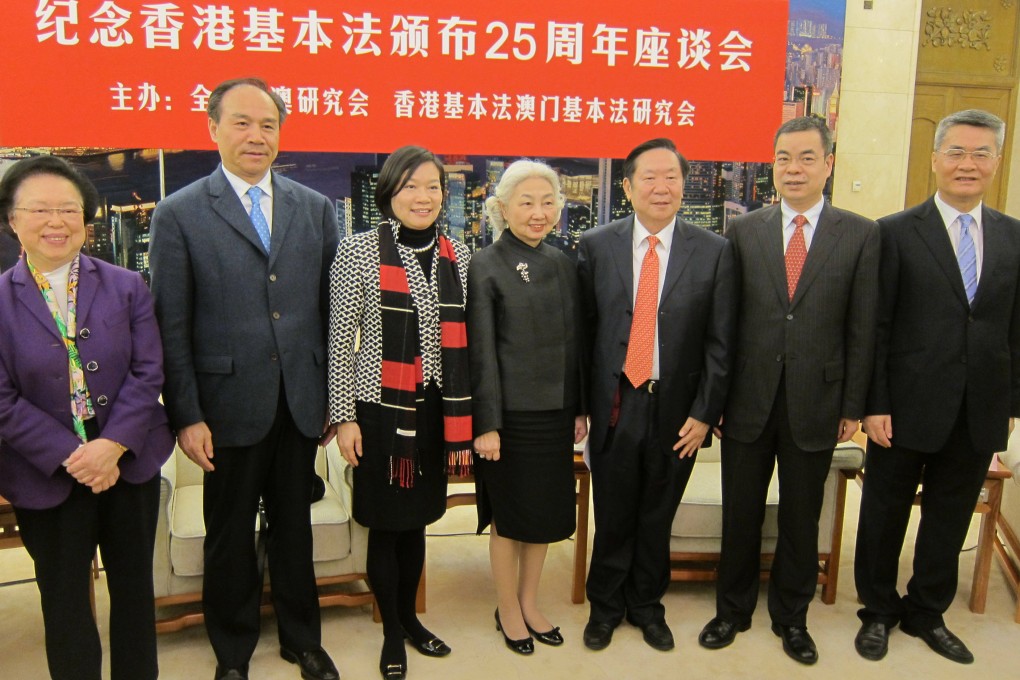My Take | The universal suffrage debate is sinking into a blame game
Even innovative devices like 'one country two systems' guaranteed in the Basic Law may fail, a Beijing official warned.

Even innovative devices like 'one country two systems' guaranteed in the Basic Law may fail, a Beijing official warned.
We always knew that, but it's still scary to hear it spoken out loud by Zhang Rongshun, the vice-chairman of the Legislative Affairs Commission under the National People's Congress Standing Committee.
"We understand any new system may succeed but could also fail," said Zhang in Beijing at a forum on the Basic Law.
"We strongly believe the Basic Law's innovative system could succeed, but eventually we have to let the facts speak."
It's a rare remark because Beijing has always insisted on the success and uniqueness of "one country two systems", thanks to the genius of the late Deng Xiaoping .
Except for its name, Zhang is quite wrong to say "one country two systems" is an innovation. It is not. Devolved power given to cities, territories and provinces as a political solution is nothing new. The latest example is the so-called "devolution max", which convinced enough voters in Scotland not to leave the British union.
